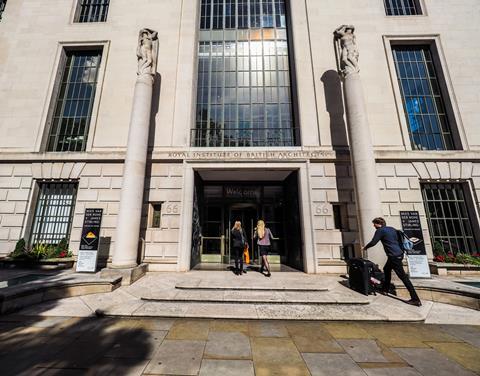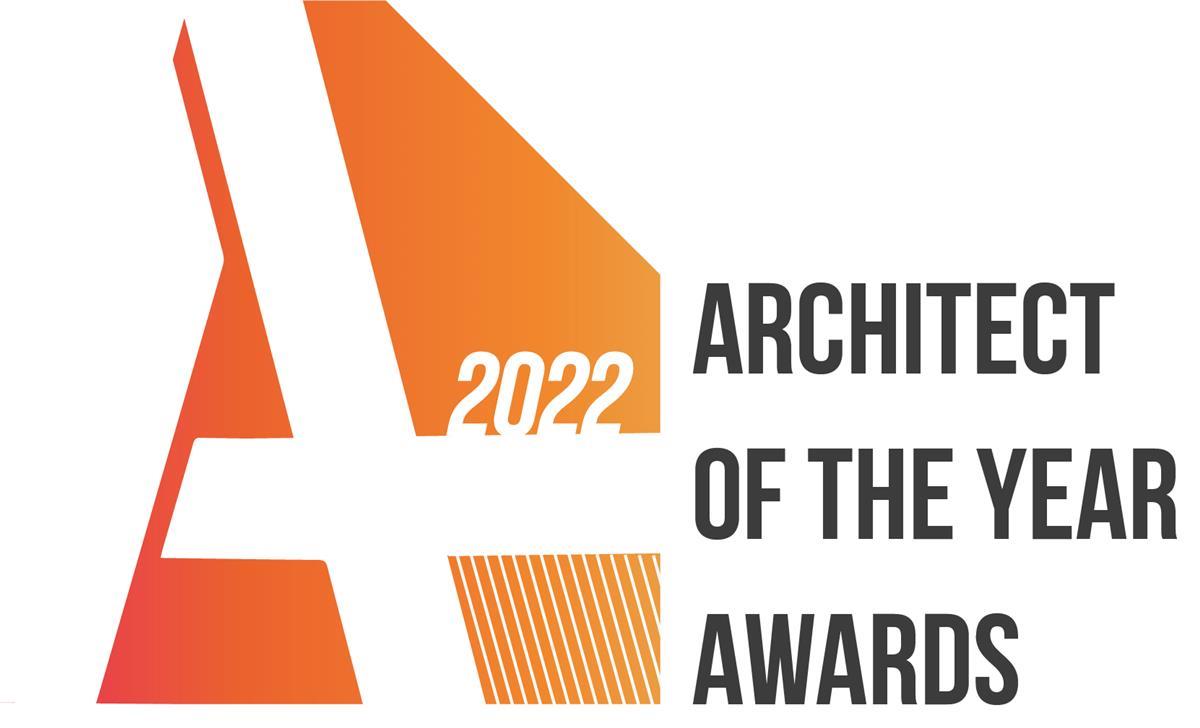Project aims to foster knowledge exchange between the two countries on the environmental benefits of conservation

RIBA is inviting architects in China and the UK to submit case studies of heritage restoration projects for a new competition showing how conservation can help tackle the climate emergency.
The Open Door Project is a partnership with the British Council celebrating outstanding architecture conservation work in the two countries.
RIBA said the aim of the project is to foster knowledge sharing between experts in the UK and China on how heritage buildings can be successfully maintained, repaired and updated.
由HTA设计主席和前RIBA主席Ben Derbyshire领导的专家咨询小组将选出14名获奖者,并于今年晚些时候在网上展出照片、绘画和电影。
The submissions will join a pool of schemes selected from the RIBA International Awards and RIBA National Awards over the past two decades.
RIBA said the competition will daw on the substantial heritage sites in both countries to highlight the cultural and environmental benefits of heritage conservation, including through the re-use of existing buildings.
The body’s international director Azlina Bulmer said: “Cultural heritage is high on the agenda in China, with the loss of many heritage sites in recent decades, and the UK is renowned for its restoration of historic buildings.
“Open Door will highlight the importance of preserving our historic buildings, and will foster the vital sharing of information between experts in both countries.”
Rehana Mughal, director of arts at British Council China, said the project aimed to celebrate and share inspiring work in the UK and China.
She added: “The UK is well known for its varied historical and contemporary architecture and its commitment to architecture conservation.
“I’ve also seen great examples of architecture preserving the past while facing the future here in China too.
“We want to celebrate and share the inspiring work from both countries.”
Entries for the project can be submitted between 21 April and 23 May, with the online exhibition due to take place on 15 September.
















No comments yet